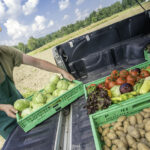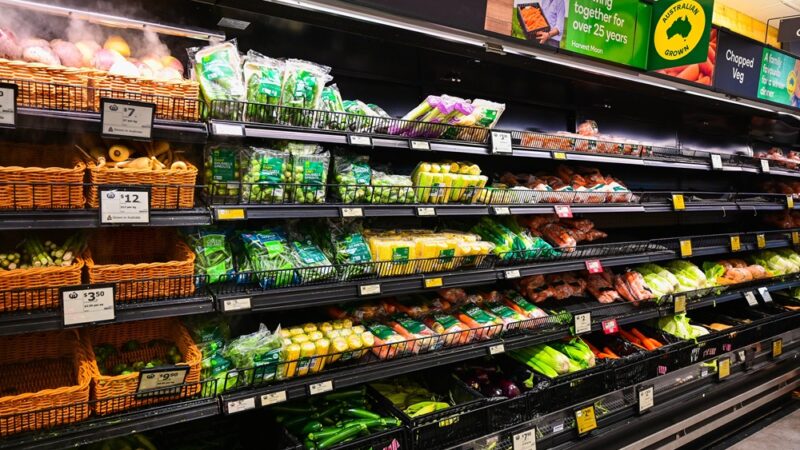After weeks of frustration and concerns about how the looming harvest would be managed, a…
New ag visa hoped to end critical worker shortages
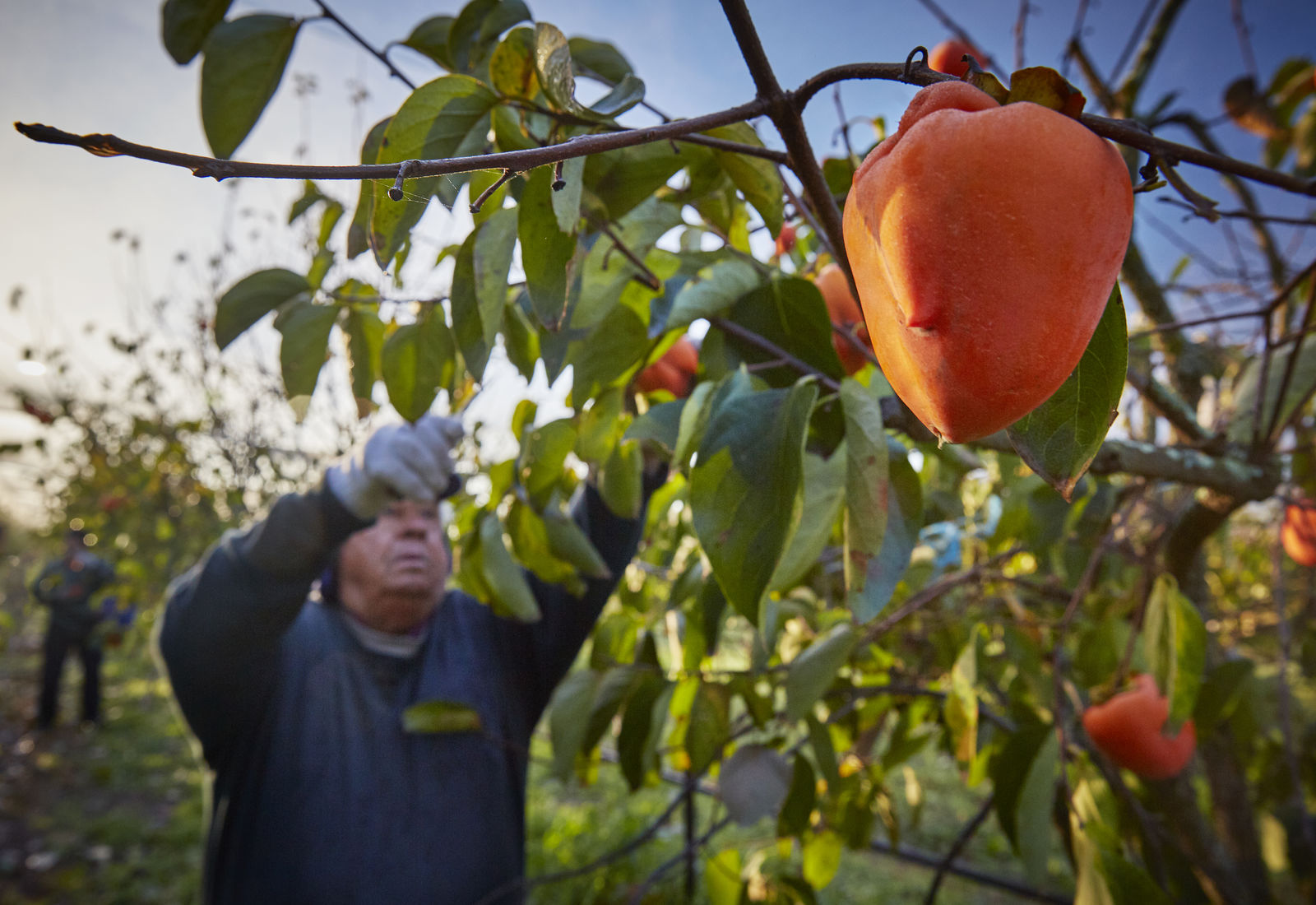
It�s been a tough 18 months for farmers since COVID-19 sent backpackers home, but it is hoped a new dedicated ag visa for 10 ASEAN nations will ease future planting and harvest woes and build capacity in the sector for growth.
Farmers groups, including NSW Farmers, National Farmers Federation, AUSVEG and Citrus Australia, first floated the idea for a designated ag visa in 2018 and now it is set for reality as part of trade deal negotiations between the UK and Australia.
The new ag visa � which is hoped to be up and running by the end of 2021 � permits workers from 10 South East Asian nations the ability to work on Australian farms for six to nine months each year for three years. Included in the arrangement is a requirement that they go home for at least three months of each year.
The ag visa has been labelled a �godsend� by NSW farmers, but it has also reignited debate about worker exploitation on farms, particularly horticulture.
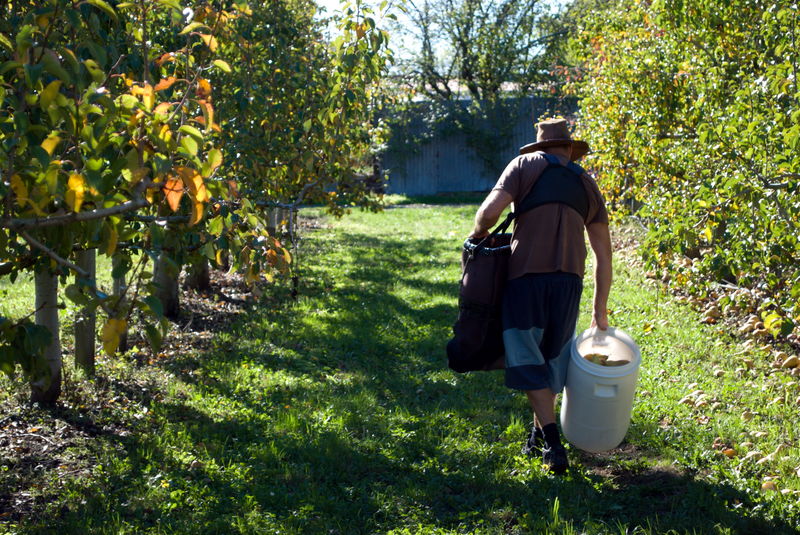
UK-Aust trade deal wins
The UK-Australia trade deal delivered Australian producers� tariff-free, quota-free access to the UK market for all agricultural products after phase in periods of up to 15 years.
Specifically, tariffs on beef and sheepmeat will be eliminated after 10 years with sugar tariffs to be removed over eight years and dairy tariffs dropping off over five years.
Rice growers will receive immediate duty-free access for short and medium grain milled rice when the agreement comes into force.
National Farmers’ Federation President, Fiona Simson, said the trade deal is a �significant leap� forward for Australian primary production and will create opportunities for farmers as the sector works towards growing industry output to $100 billion by 2030.
Ag visa back on the table
With agriculture reeling from critical worker shortages due to COVID-19 border closures, the federal government also used the trade negotiation to announce a new seasonal worker ag visa � an idea that was put forward by industry in 2018 but had so far come to naught.
NSW cherry grower from Orange and NSW Farmers Horticulture Committee Chair, Guy Gaeta, said he was surprised, but very happy, to hear the announcement two weeks ago especially after the dire situation faced by fruit and vegie growers over the last 18 months.
He told The Muster that once the visa is in action, it will more than compensate for the 88 days of farm-work required from British backpackers, as this visa is specific to ag and will mean workers are unable to find work as road traffic controllers or in cafes.
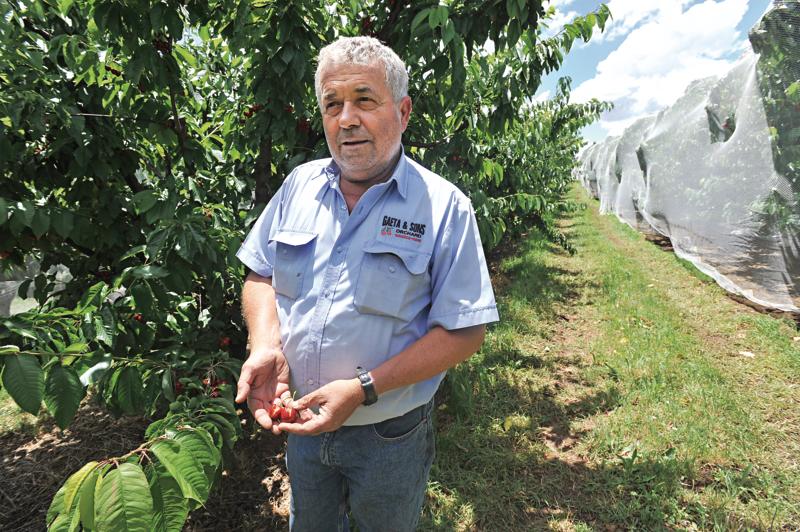
NSW Farmers has welcomed the announcement, but said the program would need a solid quarantine pathway in place that allows a decent amount of overseas workforce to arrive in Australia.
�It is a godsend for us at the moment,� Mr Gaeta told The Muster.
�We have gone through one of the worst 12 months we have ever seen. We have been sharing people in the district, there was just nowhere near the amount we usually have prior to COVID so this couldn�t have come at a better time.
�We don�t have enough people here in Australia to work on farms. With this COVID it has been tragic, I�ve never seen it so bad, and farmers are really worried about getting the produce in.�
Exploitation claims
Mr Gaeta said recent unfair criticism of widespread underpayment for harvest workers is not helping the situation.
�I�ve been employing on my farm now for about 35 years and I don�t know where they get these people that they pay $2 or $5 or $10 an hour, I just don�t know where they are. With all of my workers if they don�t earn enough, they go somewhere else, believe me,� Mr Gaeta said.
�And we want these people to come back. If there is someone doing the wrong thing, well go and catch them, don�t splash it on our face.
“The large majority of farmers do the right thing. They want workers to enjoy their job and value their collaborative efforts in putting food on shelves.”
In April this year, The Weekly Times reported that the Fair Work Ombudsman handled an average of 165 disputes about the horticulture industry each year � out of more than 26,900 completed matters. This equates to less than one per cent of all disputes.
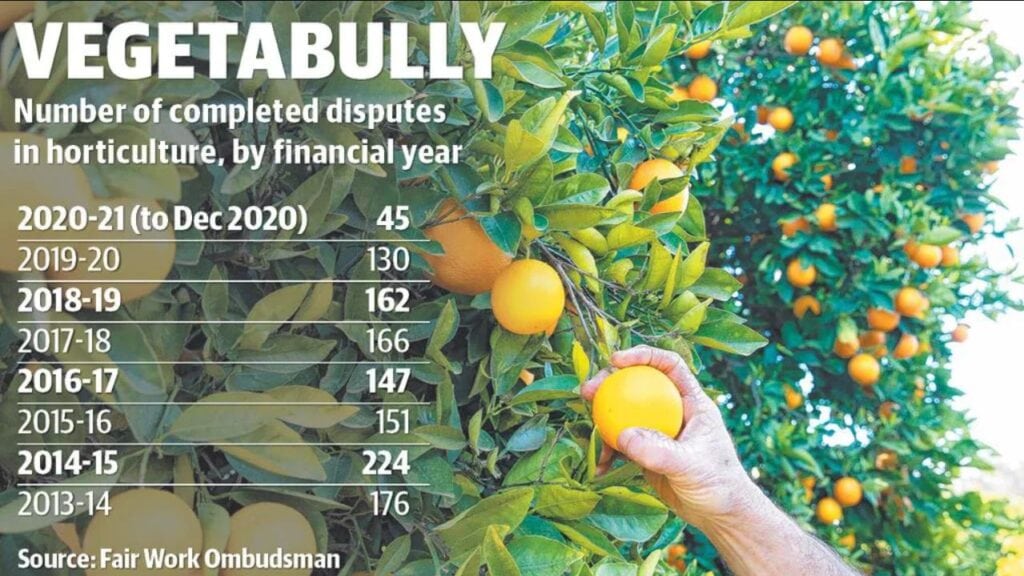
Mr Gaeta says this statistic, which was confirmed to The Muster by a Fair Work Ombudsman spokesperson, shows the criticism the sector receives is unjust.
He also said anyone working on farm is paid under the Horticulture Award and that it is likely to be illegal undocumented workers that are receiving such poor pay.
�It is a minute problem, and they are making it out to be a huge problem,� Mr Gaeta said.
Ag Visa: extension of Working Holiday Visa but mirrors protections in existing Seasonal Worker Programme
Federal Agriculture Minister David Littleproud said the ag visa would mirror the existing Seasonal Worker Programme.
�Like the Seasonal Worker Programme, the new visa arrangement will have protections to ensure workers are protected, not subject to exploitation and that the visa is not misused,� Mr Littleproud said in a press release.
�Pay and conditions, health, and work and safety will also be in line with similar requirements and protections under the Seasonal Worker Programme.�
After the ag visa announcement he told the ABC�s Radio National the ag visa is an �extension of the Working Holiday Maker visa and so we will obviously be working to make sure that those countries, those 10 ASEAN countries, have confidence in their people being allowed to come.�
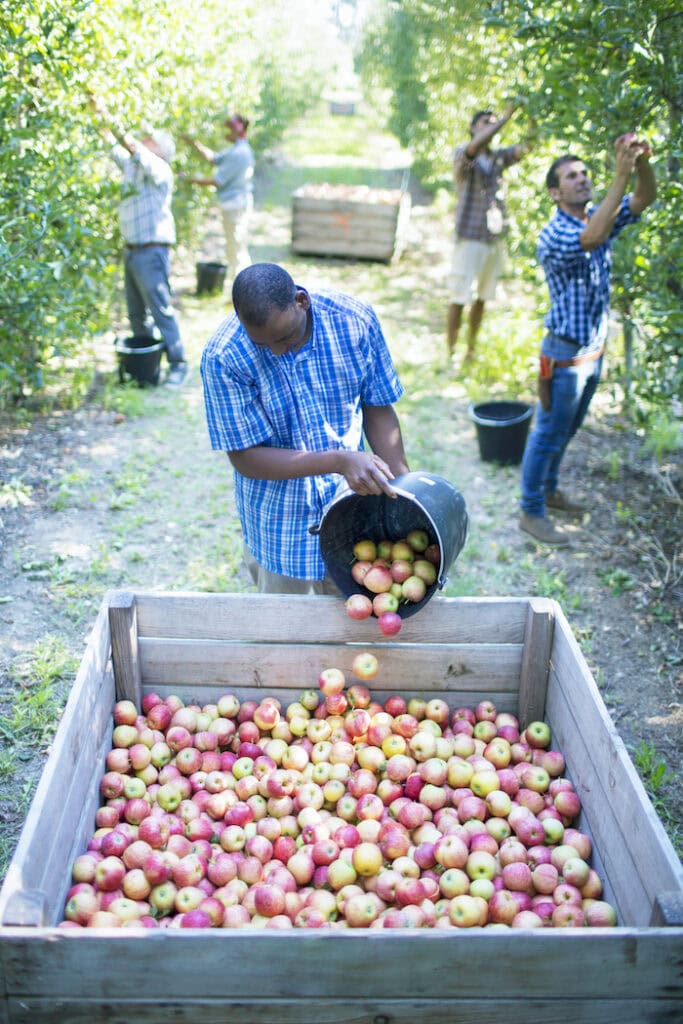
He also covered �questionable operators� and said it wasn�t fair to generalise that all Australian farmers are not paying fair rates.
�They (Australian farmers) pay the fair rates but within industry there is always individuals that cut corners and what we need to do is cut those people out of the industry,� Mr Littleproud said in the ABC interview.
�I think it is dangerous when you have unions running around demonising farmers broadly when that is not the case.�
Federal government urged to move fast
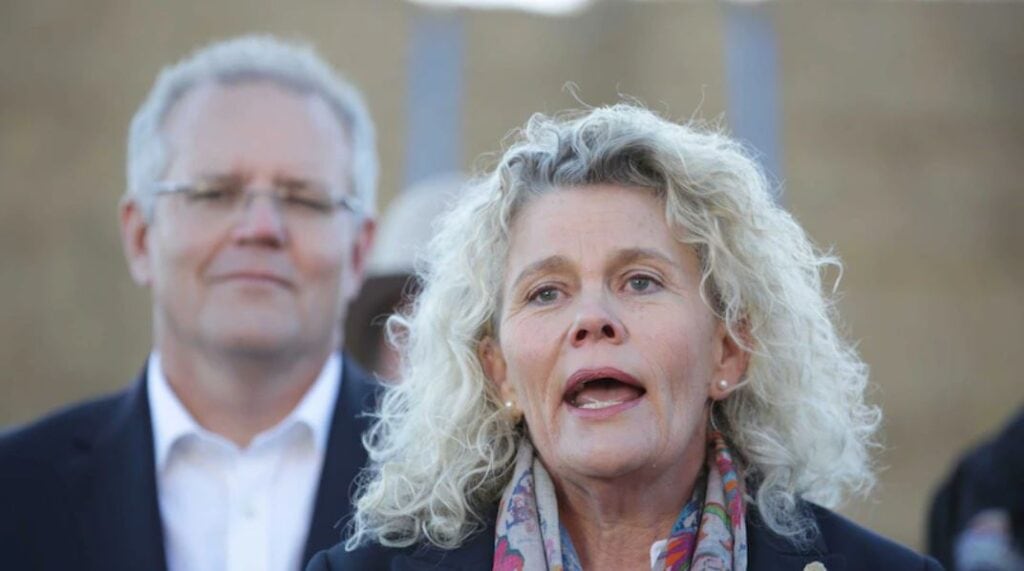
Ms Simson is urging the federal government to move fast on the visa given the critical situation many farmers are in.
�Given the acute labour shortfalls already wreaking havoc across our industry, any good work achieved by the in-principle agreement on trade will be undone if the Government continues to delay the implementation of a dedicated Ag Visa. Taking away a source of farm labour now could be a devastating blow for Australian farmers, in an environment of existing shortage,� Ms Simson said.
AUSVEG, the peak industry body for Australia�s vegetable growers, says the new visa is a major step forward for the development of horticulture.
�Growers require access to a productive, reliable and competent workforce and while Working Holiday Makers will always have a role to play within our industry, giving growers and workers a pathway to primarily work on-farm should be seen as a major step forward for the development of the horticulture sector,� AUSVEG National Manager � Public Affairs Tyson Cattle said.
�The ASEAN countries are some of our closest trading partners, so extending the Agriculture Visa to these countries makes economic sense and demonstrates our commitment in helping our regional neighbours.�
Citrus Australia CEO Nathan Hancock said industry had been calling out for a farm specific visa.
�For many years, industry has been calling for appropriate visas to attract people who want to work in agriculture rather than people who have to work in agriculture to extend their holiday,� Mr Hancock said.
To read more about the ag worker shortage issue, please click here.


